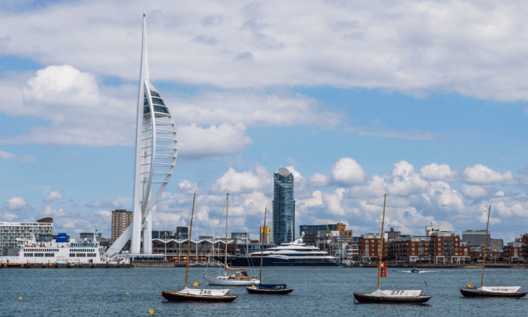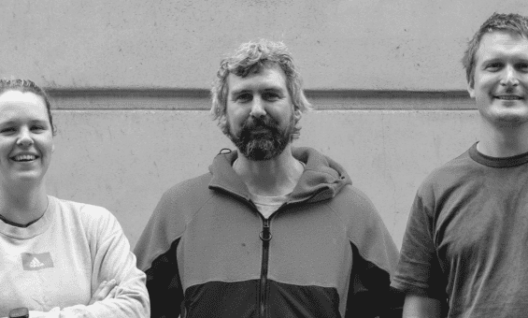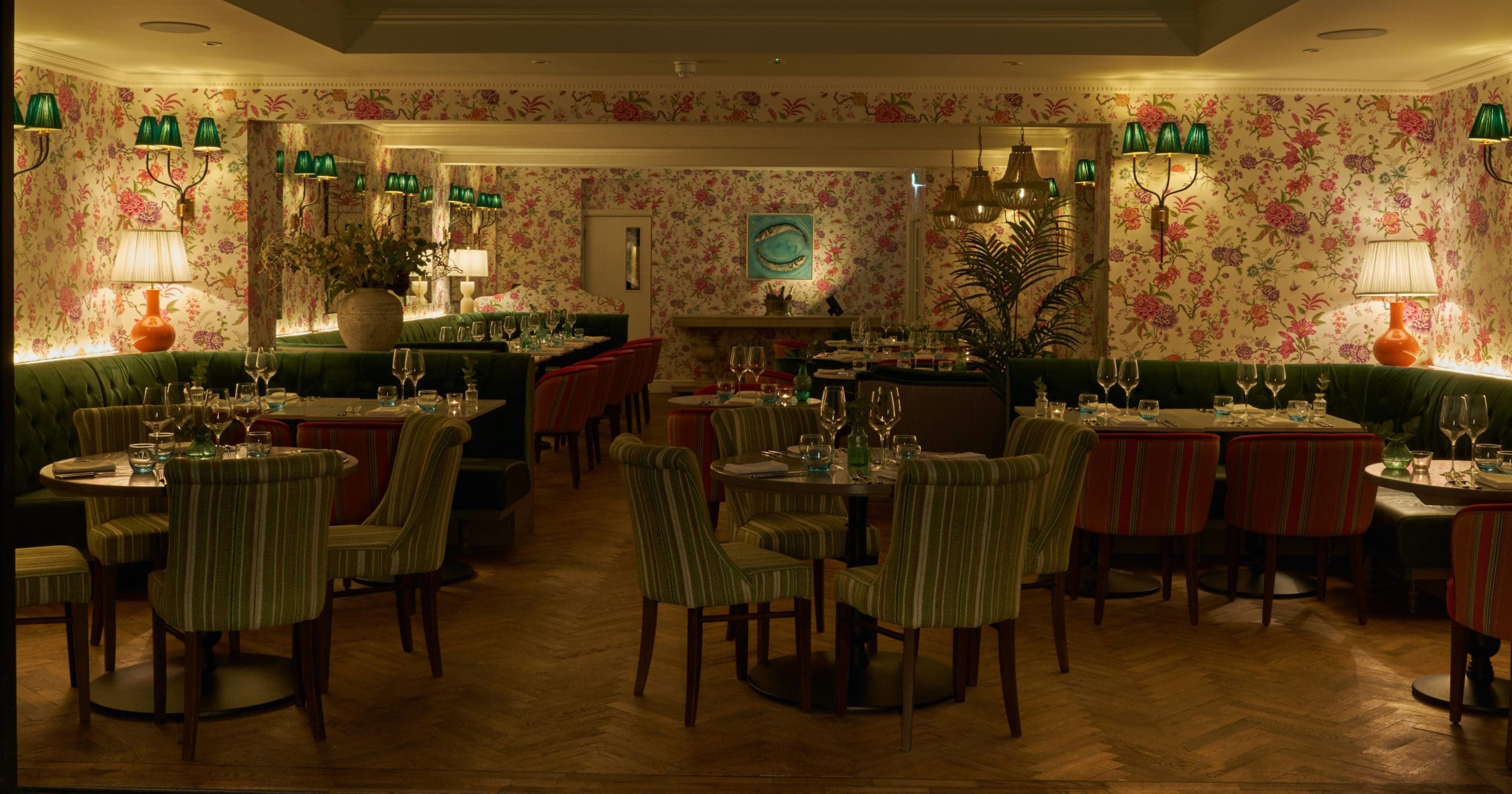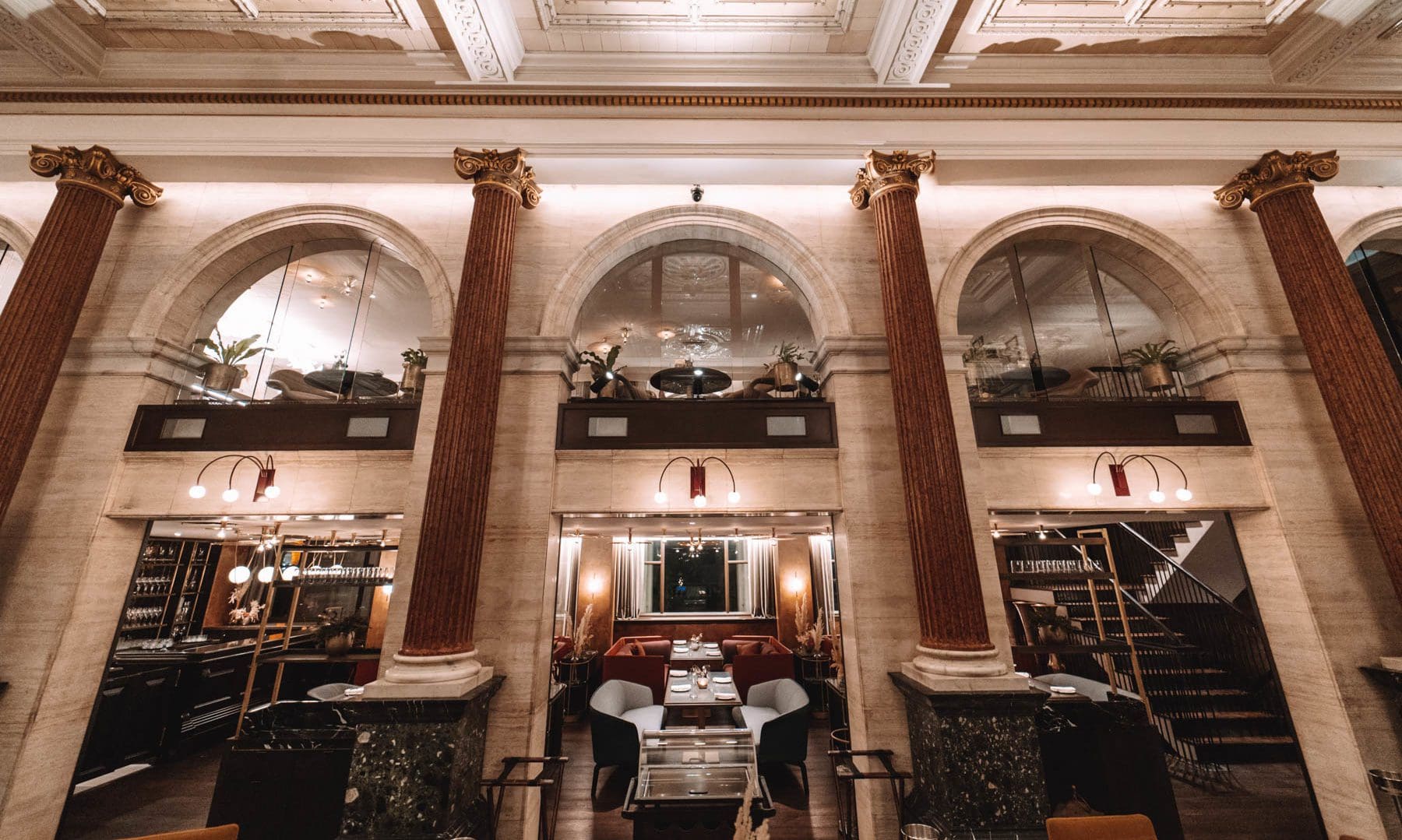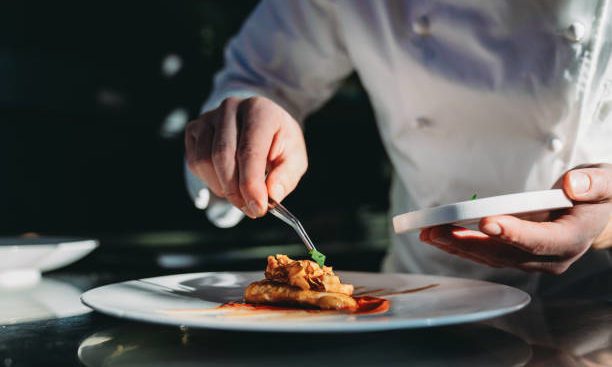Register to get 2 free articles
Reveal the article below by registering for our email newsletter.
Want unlimited access? View Plans
Already have an account? Sign in
“We’re very keen on making the project famous, because we feel that it’s important that we kind of do as much for the environment as we can,” says Chris Wheeldon head chef at Stanwell House.
Food waste is an issue that is becoming increasingly publicised in the food industry. About 1.9 million tonnes of food is thought to be wasted every year by the UK food industry, according to The Felix Project. It is no surprise then that more campaigns are beginning to crop up around this. Wednesday 26 April is now known as Stop Food Waste Day and stopping food waste is something that is paramount for Wheeldon at Stanwell House.
The whole ethos of Stanwell House is one of sustainability, but Wheeldon takes great pride in this in his kitchen. All meat that comes into the Stanwell kitchen is smoked and salted so it lasts longer. As Stanwell House is a hotel with multiple food and beverage outlets Wheeldon uses this as a way to cut down on waste.
“I try to interlink as much as I can. So if I’m using a garnish, say asparagus or something as a starter in the bar, then I’ll use it as garnish in the restaurant on a couple of dishes which reduces our footprint and reduces our payroll,” he states.
According to Wheeldon, portion management is one of the best ways to cut down on waste. He sees over-ordering food or trying to pack too much onto a plate as one of the major factors of food waste in the restaurant business.
“The biggest cause of food waste, I would say, is over ordering or portions being too large. Also it is always a majorly important thing not to over order, you have to know what’s in the fridges. If we run out of a dish, I don’t mind too much because it’s a good sign that we’re running out of fresh food and again, assists us in less waste,” he explains.
This is something that he believes is easy for restaurants to keep an eye on. Not only is less food waste good for the environment but it’s also good for business. Less waste means less unnecessary costs which means more profits. “It’s a hidden cost to the business I don’t think people really appreciate. I’m hoping it will become a bit more focused on and I hope people are buying into it a bit more. Food waste is majorly important. I mean, in Scotland and Wales food waste is already separated out from general waste and I believe it’s just a matter of time for habits here in England,” Wheeldon adds.
But it’s not just a business decision for Wheeldon. Sustainability is something that is very important to him and something that he believes restaurants across the UK have a big responsibility to embrace.
“I think it’s very much a big responsibility and I think it’s very important. When food waste is reduced as much as possible it’s good profitability for the business and it’s good for the environment. The customers keep quite savvy these days in terms of where products are coming from and some people will openly say that, if it’s not a sustainable product, they’ll certainly let you know.
“At the moment, I’m looking at salmon issues and the sustainability of that. So we don’t have salmon on our menus because some people are very against it,” Wheeldon says.
For Wheeldon food waste is a considerable problem and one that is not just for the short term. He is trying to future proof the sustainability at Stanwell House and hopes that the rest of the industry follows in his and Stanwell House’s wake.
“At the moment, we are looking into a composter, an automated one. What that will do is take all our food waste, apart from any large bones, which we try to avoid buying anyway and compost any food waste, all within 24 hours. I would like to really think that if we can lead the way in terms of automated composters, more companies will follow with their time and effort. They’re not cheap to set up and there are implications but I think, in the future, I’d like to see more restaurants take the bet on waste. Because it only makes, it makes more sense for them to do that they can sell it as a byproduct or they can give it away as a byproduct to their local communities, and I think that’s really important,” he states.
“The more the systems are in place, the more economical they’ll become and I think it’s better for the environment. Hotels are a luxury market which uses electricity and gas all day. So you need to make it as sustainable and environmentally friendly as possible.”


